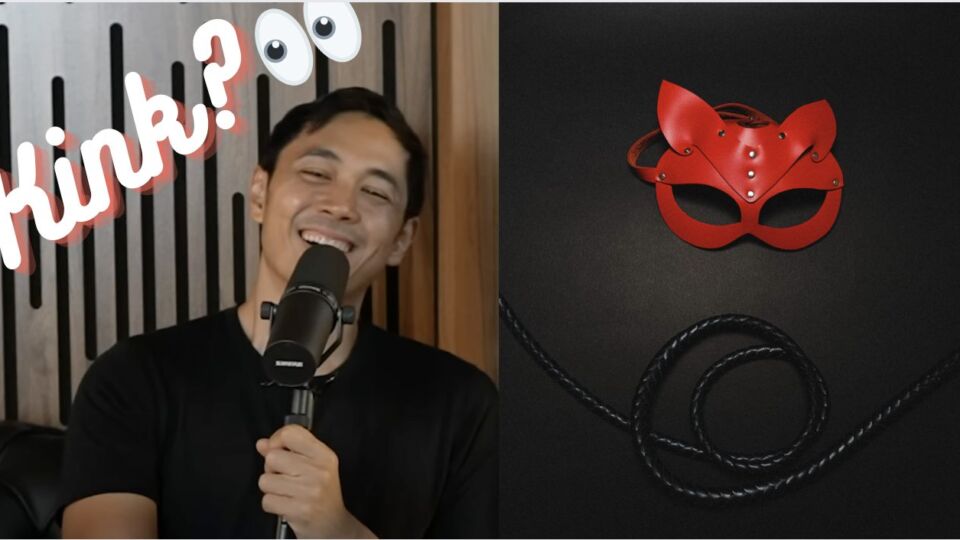Many online have shared their disappointment and outrage over comments made by Slater Young — former Pinoy Big Brother winner, hotshot engineer, ingenious DIY-er, and loving husband and father to content creator Kryz Uy and their boys — about men fantasizing about other women in group chats with their friends and sharing photos of these women while in a committed relationship.
The comments came during a recent episode of his popular skypodcast while Slater was responding to a question from a woman who said her boyfriend had admitted to her that he thought about other women and even shared his fantasies online with men.
“It’s just a matter of fact that there are many other women more attractive than you or just as attractive as you… Those group chats that send photos of girls and fantasizing about it, it’s normal,” he said.
He went on to say that even if a man is not interested in the photos his friends shared, “As part of the group, just go along with it. You’re not actually interested.”
Slater is known as a “walking green flag” online for the strong relationship he has with his with his wife and podcast cohost Kryz, but the comments caused many of their social media followers to turn against him in an attempt to “cancel” the content creator.
Sharing photos of women in group chats without their consent constitutes objectification and harassment — full stop. It is even punishable by law under the Safe Spaces Act, which criminalizes sharing online photos and videos of a person without consent, and falls under the definition of gender-based online harassment.
Still, the pervasive patriarchal culture in the Philippines has allowed such behavior to persist, with many excusing it as simply “boys being boys” — a mindset Slater unwittingly perpetuated. For too long, women have been at the receiving end of harassment and even assault due to their content being circulated online without their permission.
All that said, there is an aspect of this conversation that has been overlooked and begs some nuance — that relationships and sexuality are not defined in absolute terms.
What can look like a loving relationship for one person may not be the same for another. Similarly, what fuels one’s erotic desires can look different for others, and it is important to navigate these differences without fear or judgment.
For instance, some users reacted to the controversy by saying that Slater’s problematic behavior was already revealed when he previously talked openly about watching porn.
“People feeling shocked and disappointed at Slater’s sudden red flag as if him watching p0rn while in a relationship isn’t a red flag already,” one user wrote.
But for many relationships, watching porn — whether solo or together — makes up a healthy part of their sexual experience and expression. Watching porn isn’t inherently cheating, either, except if it get to the point that one’s porn-viewing habits are becoming disruptive to the relationship or bedroom activities.
It’s not just porn-viewing, either. There are various kinds of kinks and erotic desires that exist, and one should be able explore them in safe spaces without fear of judgment or embarrassment in order to get to know themselves better.
While Slater’s remarks do perpetuate a part of macho culture that comes at the expense of female agency, it is possible to condemn that aspect of without the puritanical moralizaing. Upholding such a rigid view of sex can actually, perhaps counterintuitively, be harmful to having a healthy relationship.
This isn’t to shame “vanilla” people who uphold absolute standards of monogamy, if that’s what works for their relationship. At the end of the day, it all boils down to consent and respect.
It’s a complicated minefield to wade through, but you can begin by asking yourself the following questions:
- Am I crossing someone’s boundaries when I do or say something?
- Are my own boundaries being crossed?
- Are my / my partner’s fantasies hurting other people?
Consent and respect are the pillars on which healthy relationships are built. Navigating these complex issues requires honest conversations and a commitment to openness and empathy. By fostering an environment in which diverse perspectives can be heard and understood, we can strive for healthier relationships while also being more inclusive towards others.




